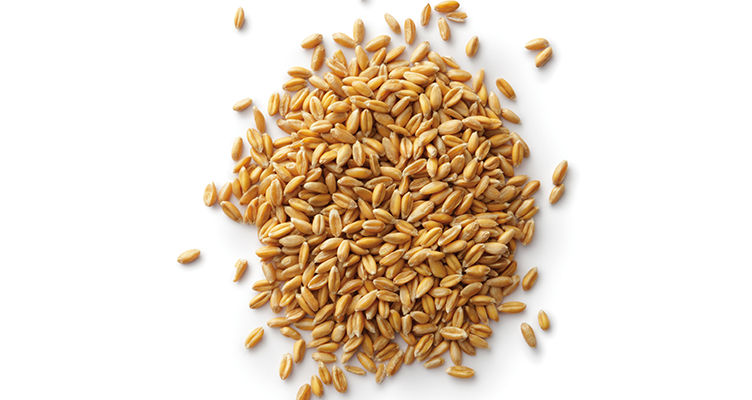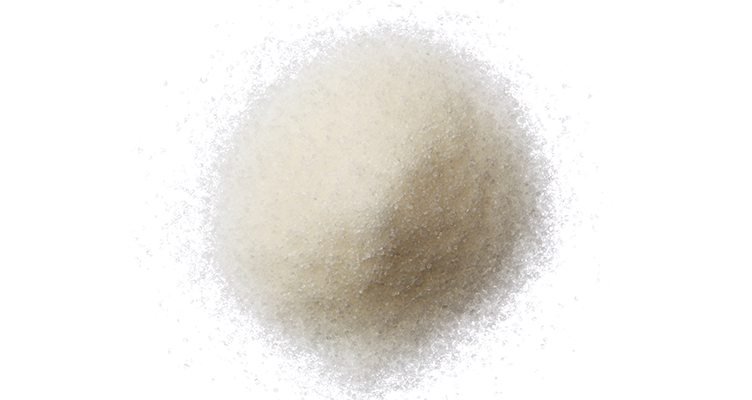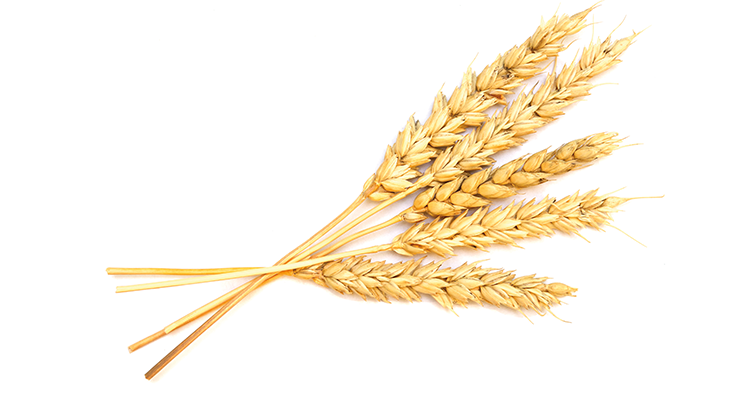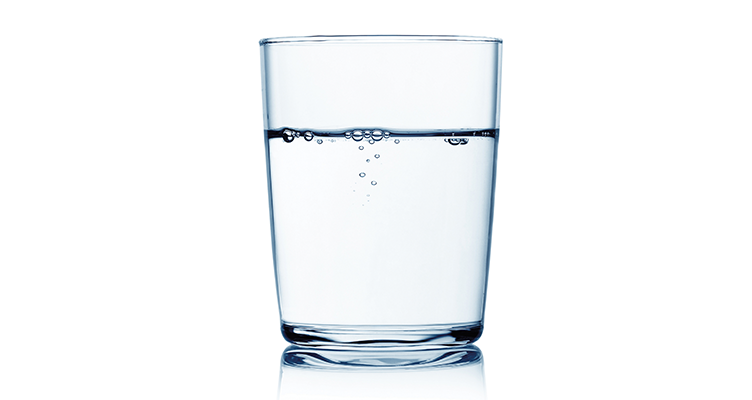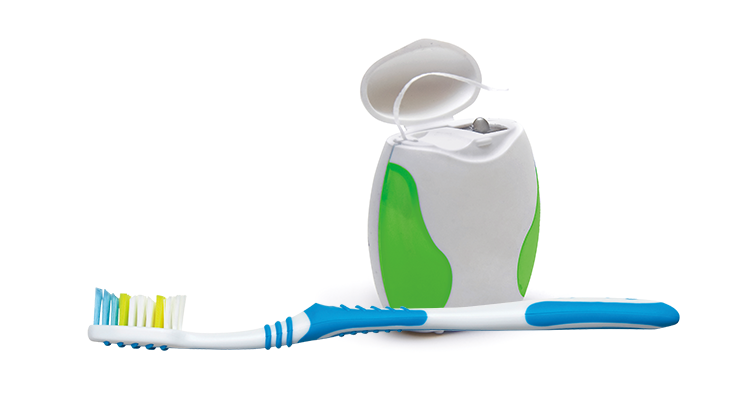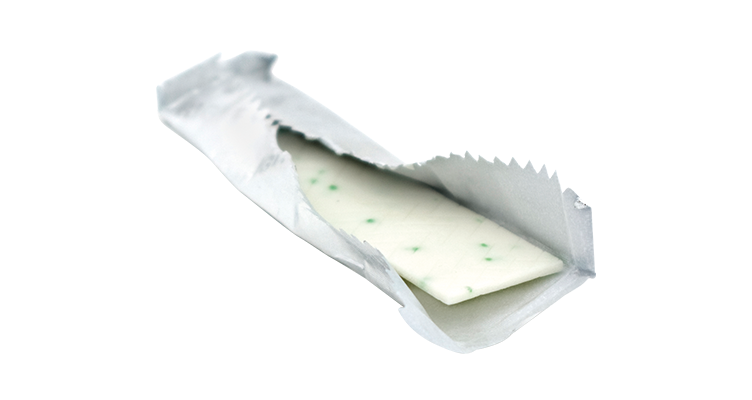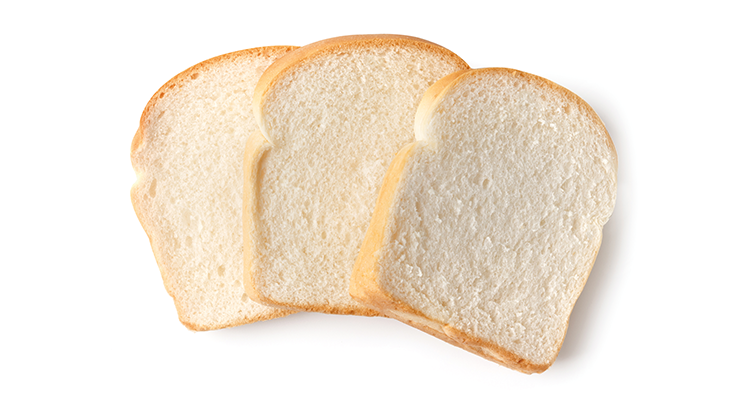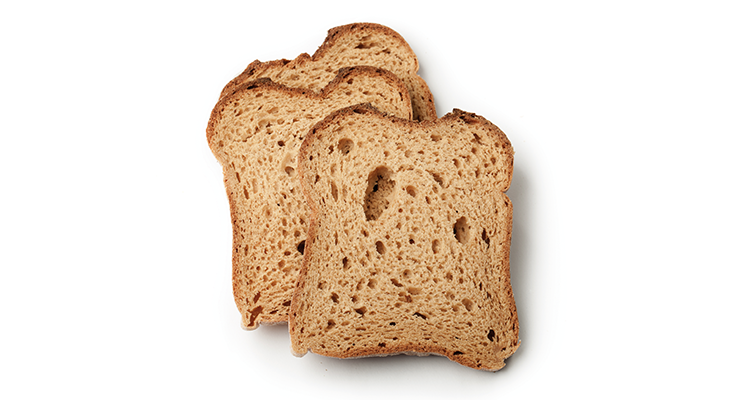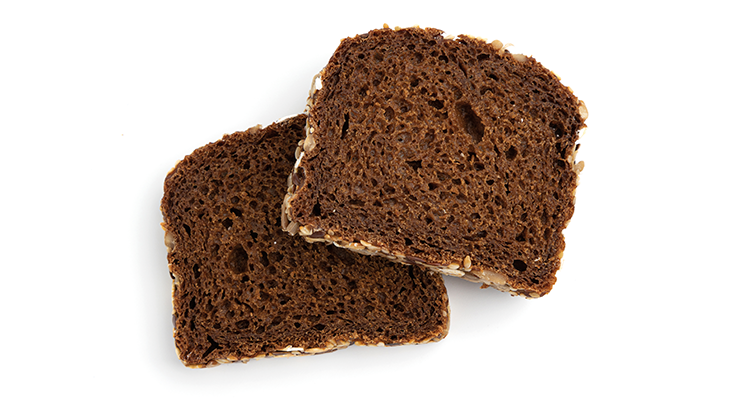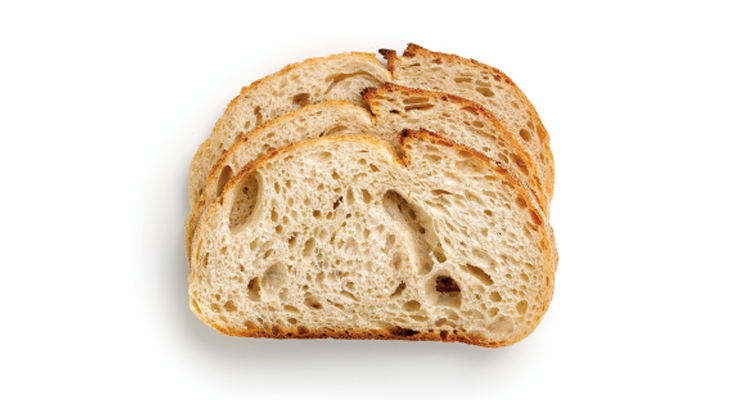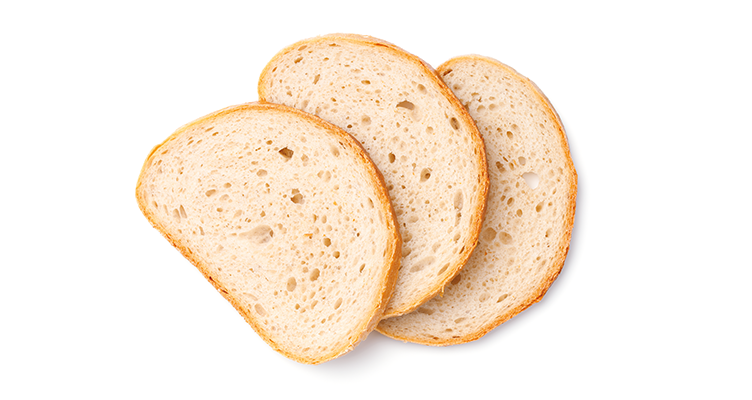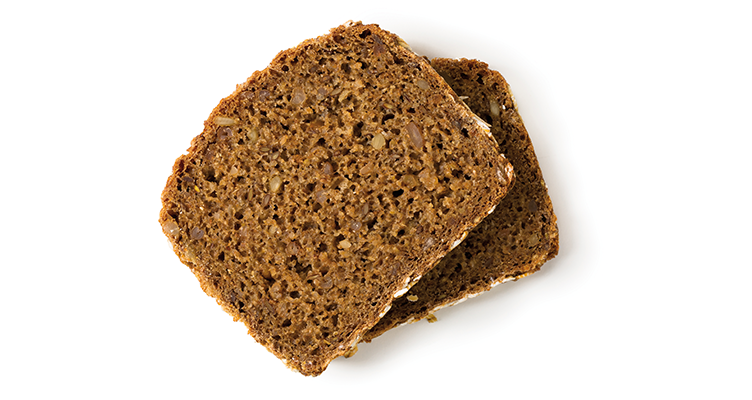How to choose healthier bread
Choosing better bread
You can enjoy bread as part of a well-rounded, nutritious diet. But not all breads are created equal — some are better for your health than other.
How can bread harm your health? Products with processed flour and a lot of added sugar can stick to your teeth and breed bacteria. The bacteria, over time, can lead to plaque, gum disease, and other issues. Here’s what to look for so you can protect your smile.
It’s important to read food labels. There’s a lot of information listed there, but when it comes to bread, here’s what to look for:
Whole grains should be listed as a primary ingredient because processed grains lose nutrients and often have more sugar.
Added sugar can make any bread unhealthy. Try and stay below the recommended daily allowance.
Fiber helps fight gum disease and can be found in whole grains. Look for at least 3 grams of fiber per serving.
More ways to protect your smile
Drink water while you eat and after your meal. This way the bread won’t stick to your teeth and strengthen bacteria that causes cavities and tooth decay.
Brush twice a day for two minutes. Use a fluoride toothpaste and reach the entire surface of each tooth. Remember to floss daily.
Chew sugar-free gum. It can stimulate saliva production, which helps wash away food and keep your mouth clean. Bonus: It can also mask bad breath!
The risks and rewards of different bread types
100% whole wheat
Whole grain or whole wheat bread provides vitamins, whole grains, and fiber. Fiber helps make you feel full, which can help you snack less and keep your mouth clean. But not all wheat breads are equal. Check the food label to make sure whole grains are listed and to review the added sugar content.
Let’s toast to better bread
Whenever possible, choose whole grain, high fiber food like whole grain or Ezekiel bread. They can be part of a healthy diet and the nutrients they provide can lower cholesterol level and risk of heart disease, stroke, type 2 diabetes, and cancer. When you do eat bread, try to minimize any risk with a good oral health routine and plenty of water.




